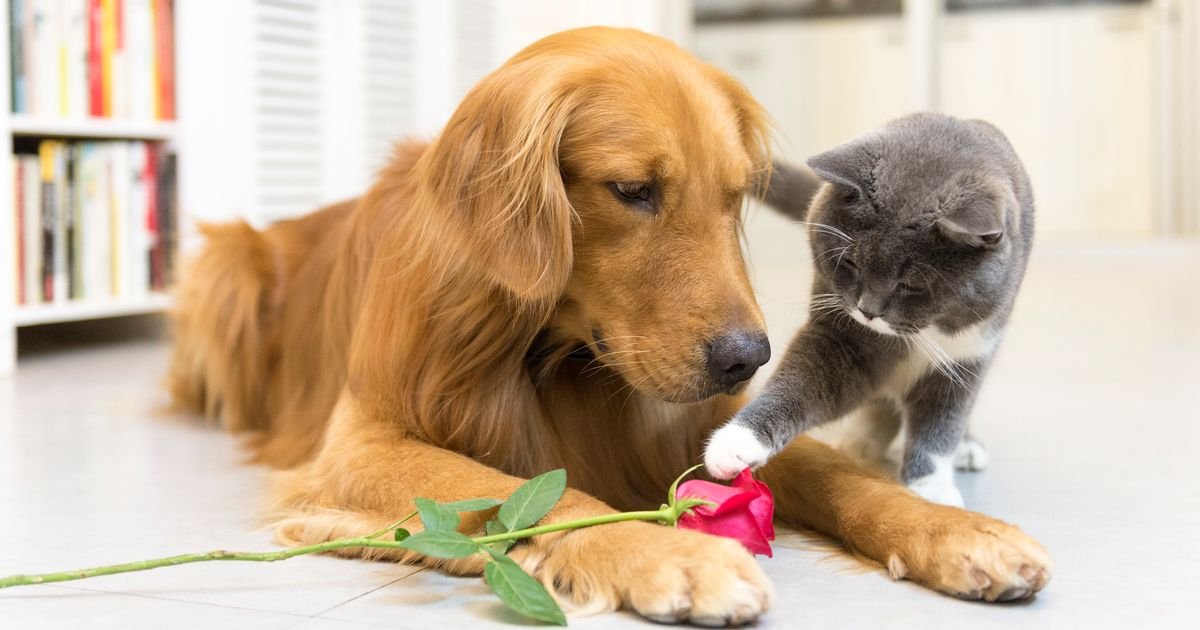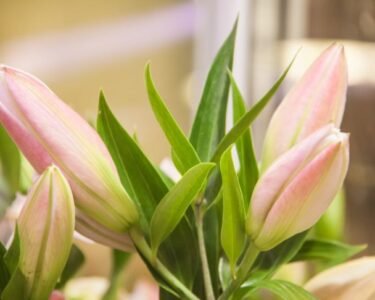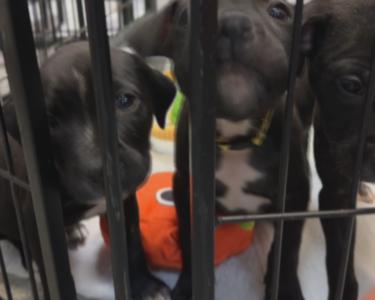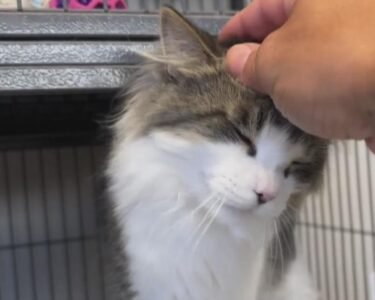As Mother’s Day approaches, homes are expected to burst with vibrant blooms with research showing that flowers remain the top gifting choice for nearly half of Brits. But did you know some popular flowers can be harmful to your four-legged friends? Dr Corinne at Petsure sheds light on this often-overlooked danger:
“While flowers and plants bring joy, some pose serious health risks to our pets. Understanding what’s toxic and taking preventive steps are crucial. Here’s what you need to know:
Dangerous plants for dogs and cats:
-
Lilies (all varieties): “Even small amounts of any part of the lily plant can cause fatal kidney failure in cats and make dogs poorly, so avoid these at all costs.”
-
Tulips and hyacinths: “Bulbs and leaves contain toxins that cause vomiting, diarrhoea, and tremors.”
-
Daffodils: “All parts are toxic, leading to vomiting, abdominal pain, and tremors.”
-
Azaleas and rhododendrons: “ Causes vomiting, diarrhoea, seizures, and in rare cases even death.”
-
Dieffenbachia (dumb cane): “Causes intense mouth irritation and burning, drooling, and vomiting.”
“This isn’t a complete list — there are many more plants and flowers that can cause harm to your pet. As a general rule, never bring a new plant into your home without checking with your vet if it’s safe first.”
Signs of plant poisoning in dogs and cats
Dr Corinne says: “If you think your pet has eaten something poisonous, don’t wait for symptoms to worsen before contacting your vet. Get emergency help if your pet has any of the following: vomiting and diarrhoea, excessive drooling, loss of appetite, lethargy, seizures, tremors or difficulty breathing.
“If you know your pet has eaten part of a toxic plant, your vet can make them sick. This removes the poisonous plant from your pet’s system before it has the chance to do any damage. Phone your vet for advice if you are unsure what to do.”
Tips to protect your pet from plant poisoning this Mother’s Day
-
Choose pet-friendly flowers
“Even though some flowers and plants are toxic, there are still plenty of options that won’t pose a danger to your pet. Opt for safe blooms like roses, violets, or sunflowers.”
-
Keep bouquets out of reach
“Place flowers and plants on high shelves or in enclosed areas that pets aren’t able to access. (And remember, cats especially are very good at climbing — so a high shelf isn’t necessarily a safe shelf if they can reach it)”
-
Identify potentially toxic plants
“Research any house plants or outdoor greenery you have to make sure they’re safe for your four-legged friends. Get rid of them as soon as possible if they’re not pet-friendly.”
-
Seek immediate veterinary help
“If you suspect your pet has swallowed a toxic plant, don’t wait! Contact your vet or an after hours vet clinic straight away.”




